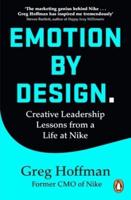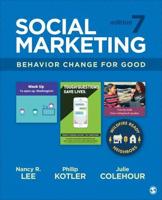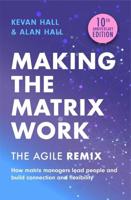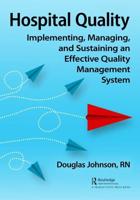Publisher's Synopsis
Far from slowing development, ecologically friendly industrialization models like Green Industry are pathways for better futures. Beyond profit, businesses considering people & planet offer more stable returns -sustainable. There must be another economic growth model which decouples GDP growth from increase in Greenhouse gas (GHG) emissions. I posit in this book that while past development models realized growth through industrial pollution, developing nations needn't follow this path. Green industry whether for resource efficiency, reduced pollution, or glaring vulnerabilities for climate inaction induced destruction of livelihoods and infrastructure bares more economic viability as a pathway to pursue.Countries are continuing to pursue growth and development and the narrative of least developed countries being a source of both supply of raw materials and demand for processed goods is starting to change. Increased emphasis on value addition processes, industrialization, and local content creation is creating jobs, and improving the balance of payments position of countries through increased exports. Globally this form of improvement of Gross Domestic Product has come with increase in greenhouse gas emissions. The gains realized in jobs, exports, innovation risk being watered away by destructive climatic events like extreme floods, prolonged drought. These climate change induced events disproportionately impact least developed countries whose population is mostly employed in agriculture with less adaptation to modern farming methods like irrigation or improved farming inputs to shelter the impact. Many a time when faced with this challenge of balancing development with ecological goals, some have argued that industrialization is the opportunity of least developing countries, whose turn it is now to pollute the environment just as developed countries did for many decades. Other countries have also argued that they still have what to pollute unlike developed states that apparently are overpopulated and at ecosystem breaking points. The irony I see is that developed states which are increasingly seeking to decouple GDP growth from GHG increase in emissions are also the most prepared to withstand extreme climatic events. It is NOT our turn to pollute. Businesses have been centering shareholder value maximization as the sole goal, under the assumption that shareholders solely bear residual risk. We now know shareholders aren't the only bearers of residual risks, other stakeholders like communities in which they operate, or customers also bear some residual risk, creating misaligned risk-reward models.










